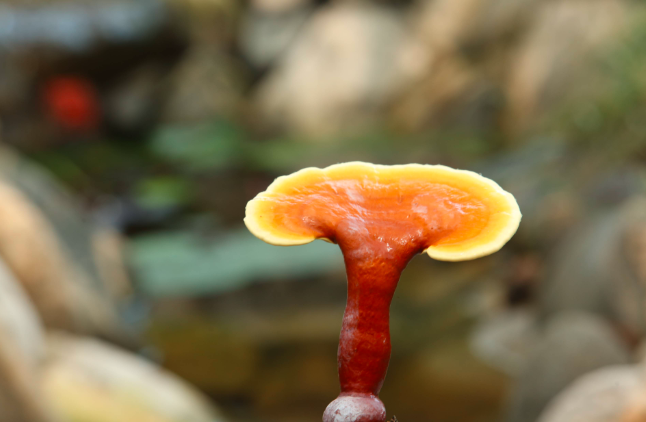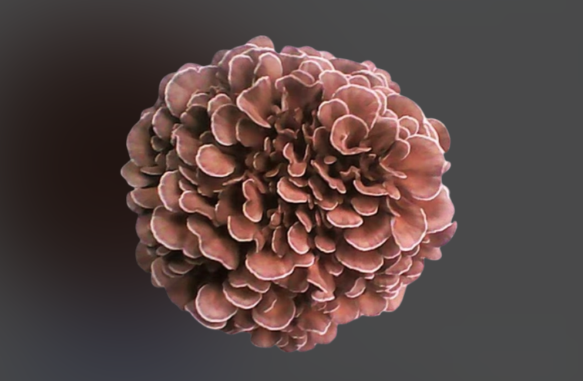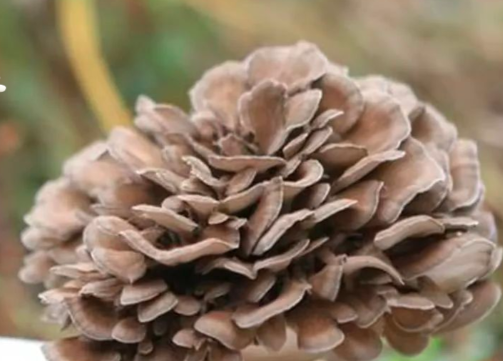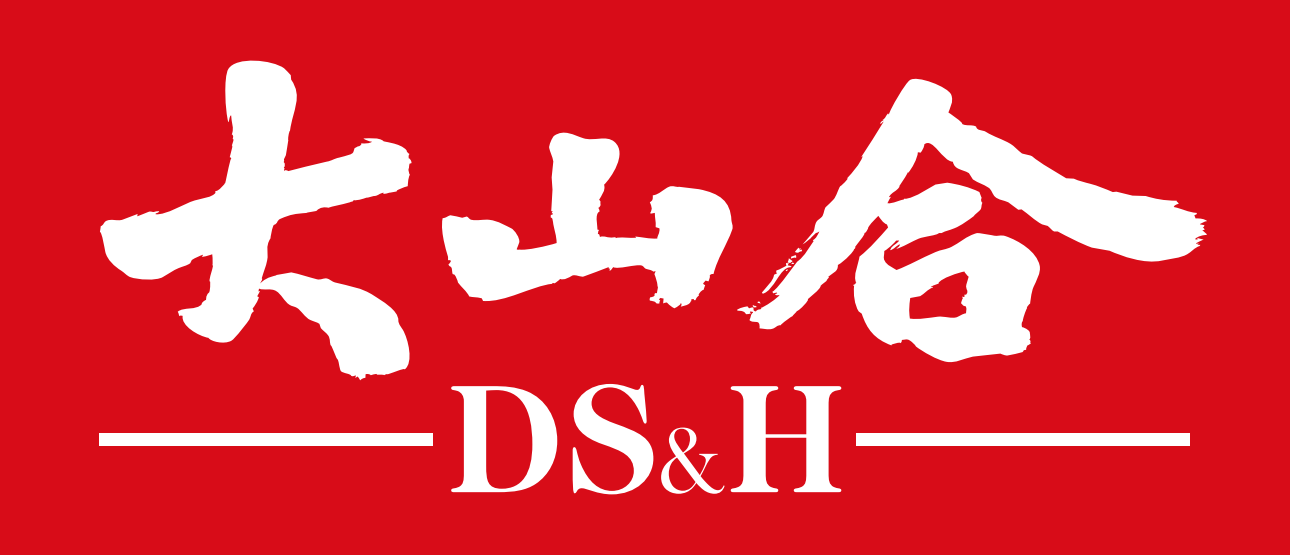
The Rise of Medicinal Mushrooms
2025-07-26 00:38The Rise of Medicinal Mushrooms: Nature’s Powerhouses in Global Wellness
For millennia, fungi like Reishi, Chaga, and Cordyceps have been treasured in traditional medicine. Today, they are revolutionizing global health markets—not as niche remedies, but as scientifically backed superfoods driving a $34.2 billion industry. Here’s why these seven fungi are captivating researchers and consumers alike.

1. Reishi (Ganoderma lucidum): The Immortality Mushroom
Key Benefits: Immune modulation, anti-inflammatory support, and stress adaptation. Its triterpenoids and polysaccharides enhance white blood cell activity and combat oxidative stress, supporting heart and liver health.
Global Appeal: Dubbed the "Mushroom of Immortality" in Traditional Chinese Medicine (TCM), it dominates 30% of the medicinal mushroom market, valued at $12 billion in 2024.
2. Chaga (Inonotus obliquus): The Siberian Diamond

Key Benefits: Exceptionally high in SOD (superoxide dismutase)—55× higher than Reishi—making it a powerhouse for antioxidant defense. It regulates blood sugar by repairing pancreatic β-cells and boosting insulin sensitivity, while its triterpenes induce apoptosis in cancer cells.
Global Appeal: Celebrated as "Forest Gold" in Russia, its rarity (1 in 20,000 birch trees) and cold-extraction technology drive demand in functional foods. Sales in the U.S. grew 11.9% in 2020.
3. Cordyceps (Ophiocordyceps sinensis): The Energy Igniter
Key Benefits: Enhances ATP production, improving endurance and oxygen utilization. Its polysaccharides induce autophagy in cancer cells and protect lung tissue.
Global Appeal: Critical for athletes and biohackers, its market reached $5.1 billion in 2024, fueled by energy supplements and adaptogenic blends.
4. Turkey Tail (Trametes versicolor): The Immune Sentinel
Key Benefits: Rich in polysaccharide-K (PSK) and polysaccharide-peptide (PSP), which stimulate dendritic cells and NK cells for targeted immune responses.
Global Appeal: A cornerstone in integrative oncology, especially in Japan where PSK is an approved adjuvant for cancer therapy.
5. Lion’s Mane (Hericium erinaceus): The Brain Optimizer
Key Benefits: Hericenones and erinacines boost nerve growth factor (NGF) synthesis, enhancing cognition, memory, and neuroprotection.
Global Appeal: The top-selling brain health mushroom in the U.S., with 24.8% sales growth in 2020, surpassing Ginkgo biloba.

6. Shiitake (Lentinula edodes): The Cellular Defender
Key Benefits: Lentinan activates macrophages and T-cells, while eritadenine lowers cholesterol. Its β-glucans also inhibit tumor angiogenesis.
Global Appeal: A culinary and medicinal staple, it anchors immune-support products and meat alternatives.

7. Maitake (Grifola frondosa): The Metabolic Balancer
Key Benefits: D-fraction polysaccharides modulate blood sugar via PI3K/AKT pathways and suppress cervical cancer proliferation.
Global Appeal: Popular in glucose-management supplements, especially for type 2 diabetes.

Why the Global Market is Embracing Medicinal Mushrooms
Immunity & Pandemics: Post-COVID-19, immune-support products surged. U.S. sales of "other mushrooms" (including Chaga and Reishi) grew 53.8% in 2020.
Brain Health & Longevity: With aging populations, nootropic fungi like Lion’s Mane are projected to drive market growth to $59.4 billion by 2031.
Science Meets Tradition: Modern extraction methods (e.g., cold-lysis for Chaga spores) amplify bioavailability, validating traditional uses with clinical data.
Sustainability Innovation: AI-driven indoor farming ensures ethical, scalable production, addressing overharvesting concerns for wild species like Cordyceps.
Medicinal mushrooms bridge ancient wisdom and modern science, offering solutions for immunity, cognition, and metabolic health. As research unlocks new mechanisms—like Chaga’s gene-regulating miRNAs or Reishi’s triterpenoid synergies—their role in preventive healthcare will expand. For global consumers, they represent not just supplements, but a paradigm shift toward nature-powered resilience.

